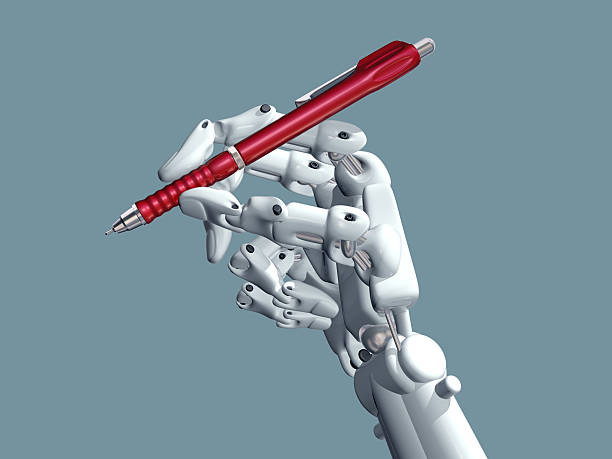The Independent printed an article in April looking at research into the difference between students’ essays composed with the help of AI, and those done on their own, highlighting some interesting differences.
The researchers, from The Cambridge University Press and Assessment, compared three essays written by first-year undergraduate students written with the aid of ChatGPT, and 164 essays written by IGCSE students.
Highlights of their findings
The ChatGPT essays:
- Performed poorly on analysis and comparison skills; and
- Performed strongly on information and reflection skills.
Key features of the ChatGPT writing style:
- Latinate vocabulary, i.e. words derived from Latin roots (including French, Italian, etc) rather than Germanic, Anglo Saxon or Scandinavian roots;
- Repetition of words or phrases, and ideas;
- Pleonasms, which is when more words are used than are actually needed to convey a thought or idea (for example ‘kick it with your feet’);
- Sentences starting with discourse markers such as ‘however’, ‘moreover’, and ‘overall’; and
- Numbered lists.
The students found ChatGPT useful for gathering information quickly, but felt that their results overall indicated a lower academic standard.
The researchers noted that the default ChatGPT writing style “echoes the bland, clipped, and objective style that characterises much generic journalistic writing found on the internet”.
They have published their research in an effort to improve digital literacy, helping people to recognise when an article they are reading has been generated using AI.
Business perspective on ChatGPT
I have already written an article about the pros and cons of using ChatGPT to generate words for your business, in which I stated that idea generation and research are strengths of the system which can be tapped, although facts need to be checked due to the system’s habit of ‘hallucinating data’. I also noted that the use of language is more limited than when a real person is writing, with the lack of humour, irony, sarcasm, and a personal touch being apparent.
The research above gives further points, which should be of interest to someone seeking content for their business. You’ll need to consider whether you want your business to be sounding “bland, clipped and… generic”, or whether you have a more personal style that you wish to convey. For some things, a more boring style can be a necessary trade-off against the speed of generating the content, but you need to know that you’re making that choice.
As a professional copywriter, I will always say that a human being will write better, more appealing, content, and should be used for the key messages your business is sharing – so your website, newsletters, blogs or news articles. If you need a lot of product descriptions in a hurry, then ChatGPT might be useful, but then again, if you are trying to attract attention in a crowded marketplace, then human-generated uniqueness will help you stand out from others who may also be using AI.
The other advantage of ChatGPT is the cost, against a human copywriter, but you should bear in mind again that trade-off – good quality work will bring in more customers, which bland content may send into the arms of your competitors.
I hope this is useful information, and you are able to make a good choice for your business and your budget.
If you’ve tried ChatGPT for your business needs, I’d love to hear your experiences with it, and would be delighted to welcome you back to the world of human writers, if you have been disappointed!


Leave a Reply